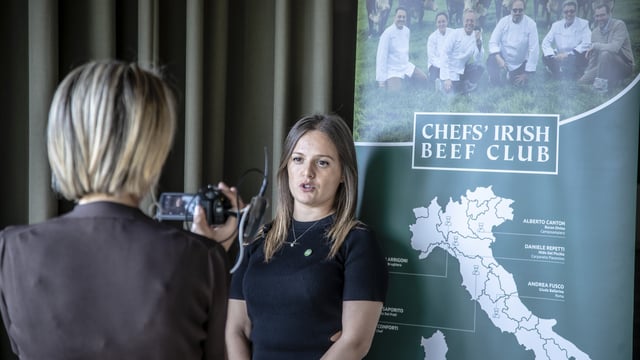TB: Survey indicates farmer support for tighter movement controls
Just over 54% of farmers either 'definitely would' or 'probably would' support increased movement restrictions on cattle to prevent the spread of TB.
That is according to a survey carried out by the Irish Creamery Milk Suppliers' Association (ICMSA) of its members on a number of issues, including TB and animal health.
The survey results are based on answers from 550 respondents, according to the farm organisation.
When asked if they would support increased movement restrictions, 18.6% of respondents said they 'definitely would' and 35.5% of farmers said they 'probably would', adding up to just over 54% of respondents that indicated support for tighter movement controls.
On the flip side, 24.1% of respondents said they 'probably would not' support increased restrictions, while 21.7% said they 'definitely would not' support them.
Farmers were also asked if they would support a maximum of two movements per TB test, i.e. once an animal has moved twice, it must be tested for TB again before a further movement can take place.
A significant majority of respondents, over three-quarters (75.7%) said they would support such a policy, while around 24.4% said they would not support it.
An even higher majority of respondents answered in the affirmative when asked if they believe that rules should be tightened in relation to cattle dealers on cattle movements, with 80.5% saying those rules should be tightened, and 19.5% saying they should not be.
The survey also touched on other animal health areas.
Farmers were asked if they vaccinate for six animal diseases, with blackleg being the disease most respondents said they vaccinated for, at 71.5%.
Leptospirosis also saw a high rate of vaccination, with 70.3% of respondents saying they vaccinated for it; while just under 62% said they vaccinated for infectious bovine rhinotracheitis (IBR).
48.7% of respondents said they vaccinated for salmonella, and 44.3% said they vaccinated (with various vaccines) for scour.
Among the six animal diseases listed, bovine viral diarrhoea (BVD) saw the lowest level of vaccination, with 26.8% of respondents saying they vaccinated for it.
When asked if they had any problems obtaining vaccines in 2024, 32.1% of the respondents said they did, while 67.9% said they had no problems obtaining vaccines.





